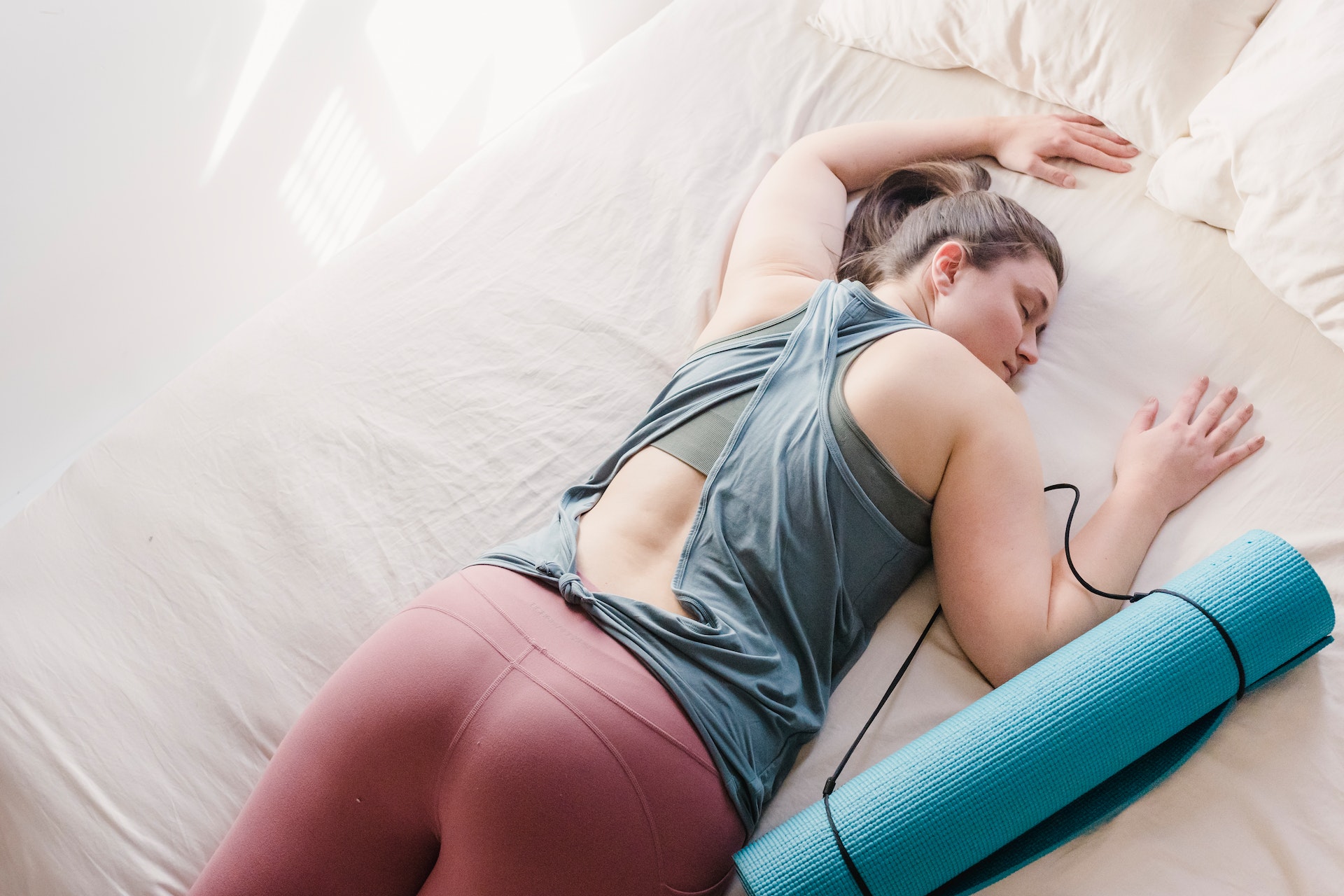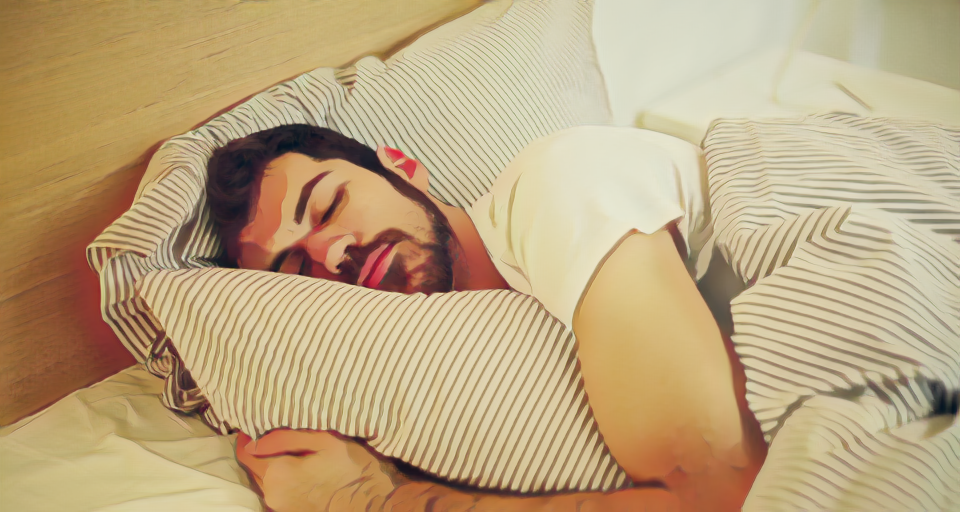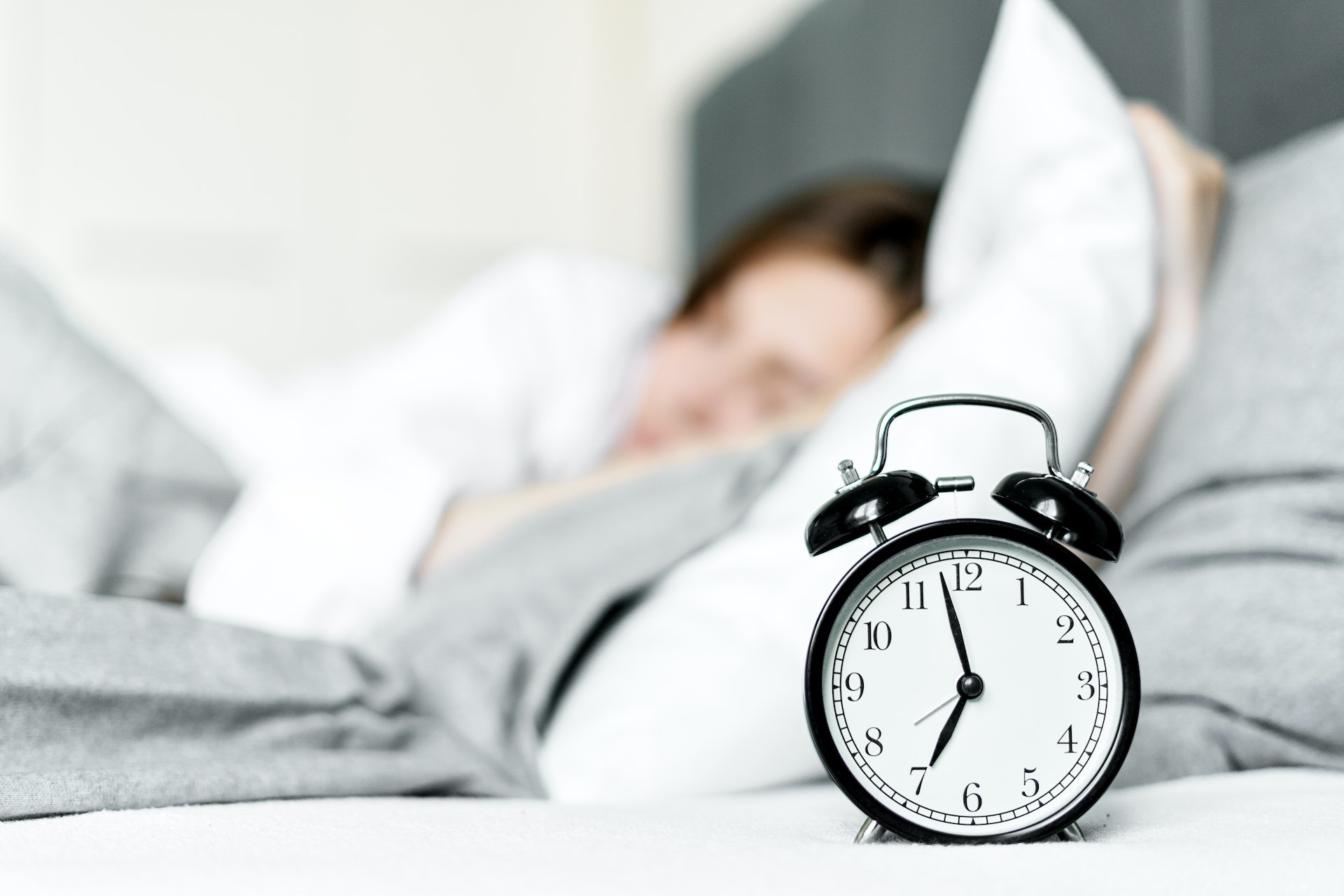Sleep Smarter: The Best Way To Sleep And Find The Best Side To Sleep On

A good night’s sleep is essential for our mental and physical health. But do you know how to get the best sleep possible? In this article, we’ll explore the best ways to sleep smarter, from finding just the right side to sleep on, to creating an optimal environment for restful slumber. Read on for tips and tricks for a better night’s sleep!
The Benefits of a Good Night’s Sleep
Sleep is crucial for our health and well-being, yet many of us don’t get enough of it. A good night’s sleep can help improve our mood, increase our energy levels, and reduce stress. It can also help to boost our immune system and protect our heart health.
There are several things we can do to ensure we get a good night’s sleep, such as creating a bedtime routine, avoiding caffeine before bed, and making sure our bedroom is dark and quiet. Sleeping on your left side can also help to reduce snoring and improve digestion.
If you’re struggling to get a good night’s sleep, talk to your doctor about potential solutions. They may be able to recommend a sleep aid or suggest changes to your lifestyle that can help you get the rest you need.
Benefits of Getting Enough Restful Sleep
There are countless benefits to getting enough restful sleep, including improved mental and physical health, increased productivity, and improved mood. Most people need around seven to eight hours of sleep per night to function at their best. But how to find the best way to sleep?
Getting enough sleep has been linked with numerous health benefits, including:
- reduced risk of heart disease and stroke
- lower blood pressure
- improved mental health
- lower stress levels
- increased immunity
How to Improve Your Sleep Quality
There are a few things you can do to improve your sleep quality. First, try to stick to a regular sleep schedule as much as possible. This means going to bed and waking up at the same time each day, even on weekends. Doing this will help regulate your body’s natural sleep rhythm and make it easier to fall asleep at night.
Second, create a relaxing bedtime routine that will help signal to your body that it’s time to wind down for the night. This could include taking a warm bath, reading a book, or stretching for a few minutes.
Finally, make sure your bedroom is conducive to good sleep. This means keeping it dark, quiet, and cool. If you have trouble falling asleep or staying asleep, consider investing in some noise-cancelling headphones or an eye mask to block out distractions.
What to Do If You Can’t Fall Asleep
If you’re struggling to fall asleep, there are a few things you can do to try and get some rest. First, make sure your sleeping environment is conducive to sleep. This means having a dark and quiet room with a comfortable temperature. If you can, try and avoid using electronics in bed as the blue light can interfere with your natural sleep cycle. Instead, read a book or listen to calm music to help you relax.
If you’re still having trouble falling asleep, get up and do something calming like stretching or relaxation exercises. Avoid caffeine and alcohol before bedtime as these can keep you awake. And finally, if you find yourself tossing and turning for more than 20 minutes, get out of bed and do something else until you feel tired again.
Natural Remedies To Help You Sleep Better
We all know how important a good night’s sleep is for our overall health and well-being. But sometimes, no matter how hard we try, we just can’t seem to get the rest we need. If you’re struggling to get a good night’s sleep, you might want to try some natural remedies to help you sleep better.
Chamomile tea is a popular herbal remedy for insomnia and anxiety. The herb has calming properties that can help to promote sleep.
Valerian root is another herbal remedy that has been used for centuries to treat insomnia and other sleep disorders. The root contains valerenic acid, which has sedative properties that can help you fall asleep and stay asleep through the night.
Lavender oil is well known for its relaxing and soothing properties. A few drops of lavender oil on your pillow or in your bathtub before bedtime can help you drift off to sleep more easily.
If you’re having trouble sleeping, these natural remedies may be worth a try. Chamomile tea, valerian root, and lavender oil are all safe and effective ways to promote better sleep.
What Is The Best Side To Sleep On?
There are benefits to sleeping on both your right and left side. Is there actually the best side to sleep on. Well, there are a few reasons why your left side might be the best option.
Sleeping on your left side can help improve circulation, as it allows for better drainage of blood and fluids from your organs. It also puts less pressure on your lungs and heart, which can be beneficial if you have respiratory or cardiac problems. Additionally, left-side sleeping may aid in digestion and prevent GERD symptoms by keeping stomach acid from flowing back up into the esophagus.
If you’re pregnant, sleeping on your left side is also recommended starting in the second trimester to help improve circulation and decrease the risk of stillbirth. And if you suffer from snoring or sleep apnea, sleeping on your side can help keep your airway open and reduce snoring.
The Ideal Sleeping Position and How to Find It
The ideal sleeping position is the one that allows your body to rest in the most natural way possible. This means that your spine should be in a straight line and your head should be supported so that your airway is open. You may need to experiment with different positions to find the one that works best for you.
If you have trouble finding the perfect sleeping position, there are a few things you can do to help. First, make sure that your mattress is comfortable and supportive. This will help to ensure that your spine is properly aligned. You may also want to consider using a pillow that supports your head and neck. Finally, if you are still having difficulty, you may want to consult with a doctor or physical therapist who can help you find the best position for you.
Other Factors That Can Affect Your Sleep Quality
There are a few other things that can affect your sleep quality, outside of the usual suspects like stress and caffeine intake. Finding out what is the best way to sleep one needs to consider many factors. One is light exposure; too much light in the evening can disrupt your body’s natural circadian rhythms and make it harder to fall asleep.
Another is temperature; a cool room is generally more conducive to sleep than a warm one. And finally, noise can also be a factor – both external noise from things like traffic or construction, and internal noise from things like snoring or restless leg syndrome.
If you find yourself struggling to get a good night’s sleep, it might be worth looking into some of these other factors and seeing if there’s anything you can do to mitigate them.
Warning: this article does not constitute either medical or any other type of advice. The article contains the author’s personal opinion and personal conclusions and observations. If you have problems with sleep or are interested in other issues related to it, it is better to consult your doctor.









